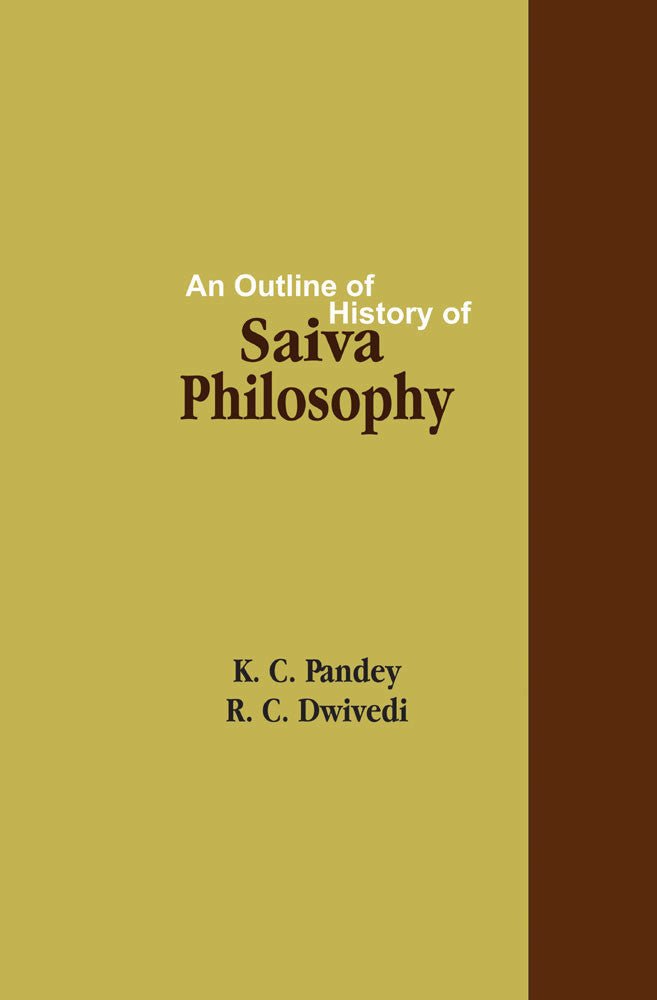All Questions
Submit new postShowing posts tagged as Bhagavad Gita
The Bhagavad Gita (; Sanskrit: भगवद् गीता, IAST: bhagavad-gītā /bʰɐɡɐʋɐd ɡiːtäː/, lit. "The Song of God"), often referred to as the Gita, is a 700-verse Hindu scripture that is part of the epic Mahabharata (chapters 23–40 of Bhishma Parva).
The Gita is set in a narrative framework of a dialogue between Pandava prince Arjuna and his guide and charioteer Krishna. At the start of the Dharma Yudhha (righteous war) between Pandavas and Kauravas, Arjuna is filled with moral dilemma and despair about the violence and death the war will cause in the battle against his own kin. He wonders if he should renounce and seeks Krishna's counsel, whose answers and discourse constitute the Bhagavad Gita. Krishna counsels Arjuna to "fulfill his Kshatriya (warrior) duty to uphold the Dharma" through "selfless action". The Krishna–Arjuna dialogues cover a broad range of spiritual topics, touching upon ethical dilemmas and philosophical issues that go far beyond the war Arjuna faces. Krishna is also said as the first motivational speaker in human history.Numerous commentaries have been written on the Bhagavad Gita with widely differing views on the essentials. According to some, Bhagavad Gita is written by Lord Ganesha which was told to him by Vyasa. Vedanta commentators read varying relations between Self and Brahman in the text: Advaita Vedanta sees the non-dualism of Atman (soul) and Brahman (universal soul) as its essence, whereas Bhedabheda and Vishishtadvaita see Atman and Brahman as both different and non-different, while Dvaita Vedanta sees dualism of Atman (soul) and Brahman as its essence. The setting of the Gita in a battlefield has been interpreted as an allegory for the ethical and moral struggles of the human life.The Bhagavad Gita presents a synthesis of Hindu ideas about dharma, theistic bhakti, and the yogic ideals of moksha. The text covers jnana, bhakti, karma, and Raja Yoga (spoken of in the 6th chapter) incorporating ideas from the Samkhya-Yoga philosophy.The Bhagavad Gita is the best known and most famous of Hindu texts, with a unique pan-Hindu influence. The Gita's call for selfless action inspired many leaders of the Indian independence movement including Bal Gangadhar Tilak and Mahatma Gandhi; the latter referred to it as his "spiritual dictionary".
Bhagvadgita on Caste by Rajiv Malhotra (infinityfoundationecit.com)
Bhagavad Gita Posted jay1460 days ago
Welcome to HMW!
This site is for discussion about Hinduism.
You must have an account here to participate. Its free to use this site.
Suggested for you
Books based on Hinduism
Click here to Buy From Indic Brands
"Indic Brands" is a curated marketplace of remarkable brands that value and celebrate our cherished cultural heritage.
We do NOT offer personalized advice based on Astrology.
